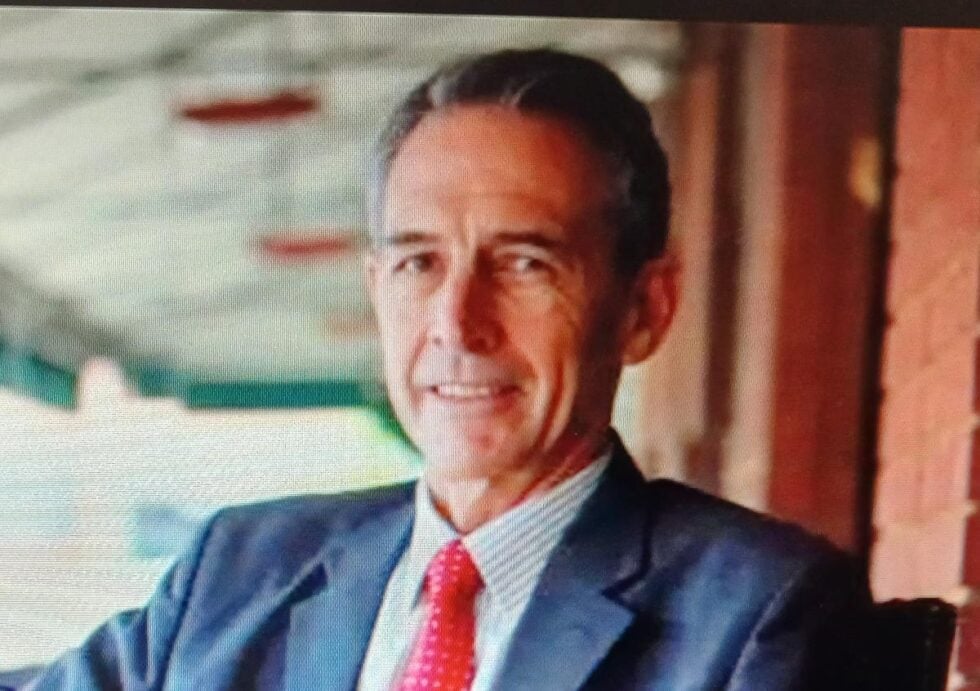
“The big question on my desk at the moment is what does the President sign in November?” Dr Nicholas Crisp, NHI Deputy D-G, told his co-panellists and audience during yesterday’s ASI-hosted “The Future of Healthcare” discussion in partnership with Business Day ‘Dialogues’ webinar.
In answer to a question about time frames, Crisp explained that the President would only be bringing four or five clauses of the Bill into law as the complete NHI Bill could not be implemented “or even proclaimed” at the same time.
First and foremost, he stressed, an NHI board, as proposed, would have to be appointed and in place before this could happen. Nothing could be done until a board was appointed with a chairperson, a vice-chair, the relevant committees, and a CEO.
He said that the process to do that would be through Section 13, i.e. an ad hoc committee interviewing people in public, a public process, but that regulations would still have to be published first on how that is going to be done.
“It’s going to need a whole year before we have a complete office in place.”
Setting up an administrative office, he indicated, would be part of the first two phases in the NHI Bill (B) with the NCOP at the moment. Phase One was essentially setting up the capabilities, for example, getting the digital systems in place, getting the forums to start working together, and the capacity of administrative office.
“At the moment we only have three to four people in the office and are trying to recruit 44 more, but are in court with Solidarity stopping us from recruiting people who have to do the work.”
Crisp also alluded to amendments to the various relevant acts, not least to the Medical Schemes Act and the National Health Act, that would still have to take place to meet the final NHI legislative requirements.
“In our history,” Crisp concluded, “there have been three major health acts, in 1919, 1977 and 2003. Now we have a new dimension to the act of 2003. I have absolutely no doubt that there will be amendments – many new regulations along the way on which we will all have to work together while watching changes in the environment.
“It will never be the same as in the past.”